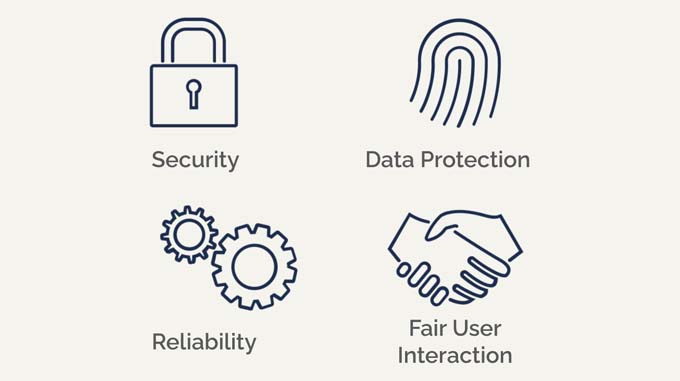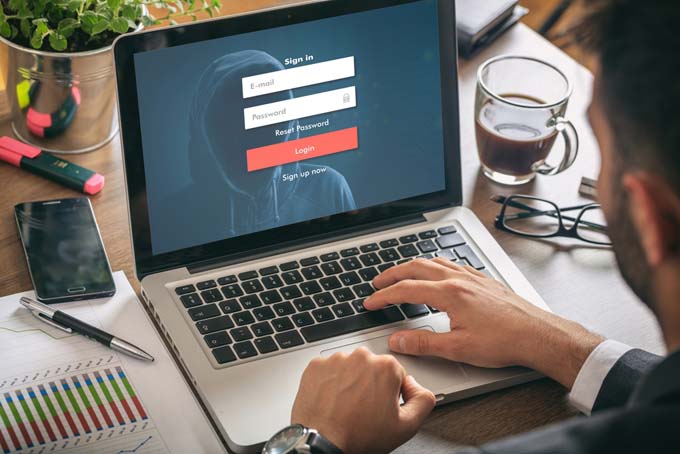Every second company lost access to data in 2023 due to IT incidents
Cyberattacks are becoming increasingly expensive for companies, generative AI has two sides when it comes to data security and ransomware insurance often does not work. This is shown by the Global Data Protection Index from Dell Technologies.

The 2023 Global Data Protection Index (GDPI) is the latest edition of a study in which Dell Technologies regularly examines companies' data protection strategies. In the fall of 2023, 1,500 IT managers worldwide were surveyed, including 675 companies from the EMEA region.
Key findings of the current study: Over half of the companies surveyed worldwide (54 %) experienced cyberattacks or system failures in 2023 that meant they could no longer access their data. For most companies that were affected by a cyberattack, the attackers penetrated from the outside. They sent spam or phishing emails to employees, tricked them into clicking on malicious links, stole their login details or hacked their mobile devices.
The impact of IT incidents with data loss is immense: in 2023, they cost each of the affected companies an average of USD 2.61 million (CHF 2.26 million), caused 26 hours of unplanned downtime and resulted in data losses of 2.45 TB. The costs of IT outages caused by cyberattacks amounted to an average of USD 1.41 million (CHF 1.22 million) in 2023 - more than double the previous year's figure.
Generative AI has an impact on data security
Generative AI (GenAI) is apparently on its way to becoming a new strategic tool for cyber defense. For example, 52 % of survey participants stated that they see the integration of GenAI as an advantage for their company's IT security. However, those responsible are also aware that generative AI further increases the complexity of data security. 88 % of respondents agreed with the statement that this technology will generate large amounts of new data and further increase the value of certain types of data.
Ransomware insurance only offers limited security
When it comes to ransomware, companies show a surprisingly high level of confidence in the effectiveness of ransom payments. 74 % of respondents believe that they will actually get all their data back if they pay; and 66 % think that they will no longer be attacked by the blackmailers in the future after paying a ransom.
At 93 %, a very large majority of respondents stated that their company had insurance against ransomware. However, of those who were actually affected by an attack, only 28 % were able to report that their company was fully compensated. The ransomware insurance policies apparently contain numerous exclusion clauses. For example, many respondents said that their company had to demonstrate best practice to defend against cyber threats, that their policy limits the amount of compensation or that certain scenarios render their policy ineffective.
Source: www.dell.com









